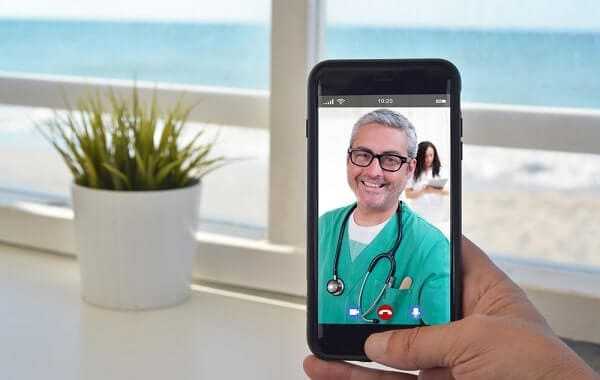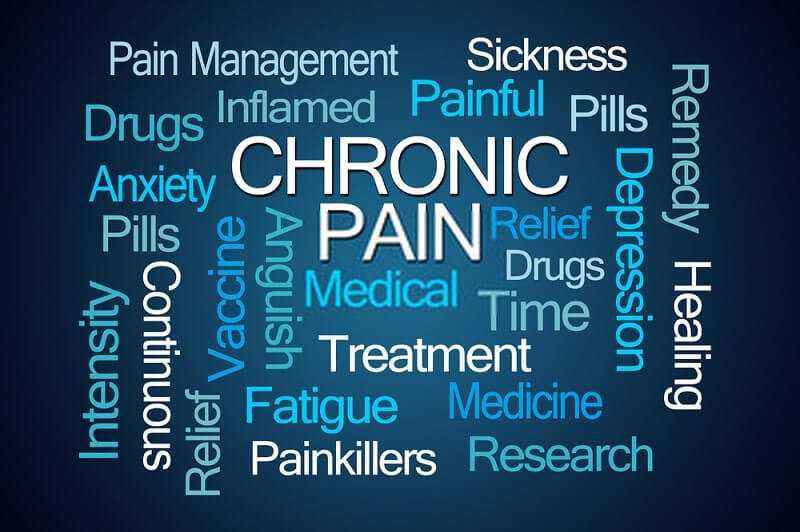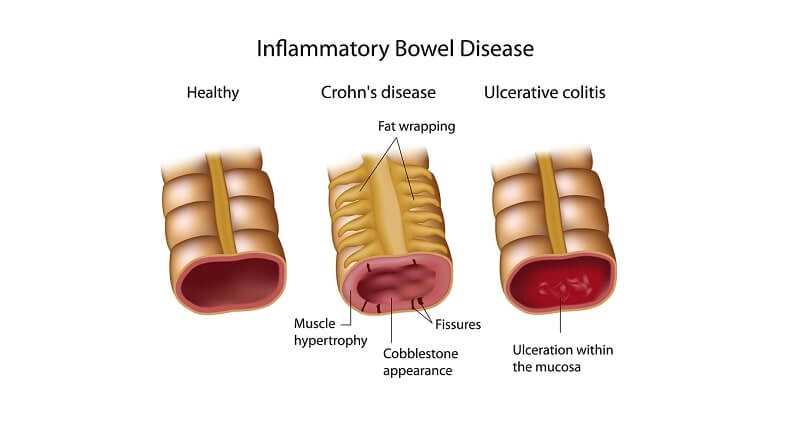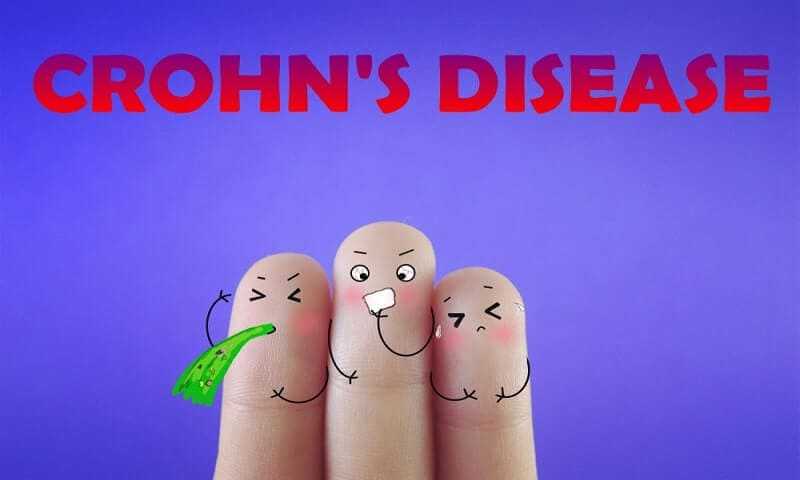Travel Tips

If you have taken the time to learn about your disease and its treatments, and to learn which medications you can start or adjust on your own and when you should use these medications, you should feel confident about traveling. Remember, many countries have IBD societies or foundations, and their members will be only too happy to help you get appropriate care should you need it. Many European countries have at least one hospital with English-speaking staff. Because IBD occurs worldwide, there are physicians and surgeons familiar with the condition worldwide.
Many knowledgeable IBD patients are aware that they can deal with most problems on their own. Sometimes all it takes is a telephone call or e-mail to your gastroenterologist back home, for a little advice or to act as a “sounding board.”

Don’t forget your drugs, and take adequate supplies in your carry-on luggage. If you start to experience symptoms, act promptly. People frequently wait to see if a problem will just “settle down on its own.” Generally speaking, this is not a good idea when you are away from home.
If you have ulcerative colitis and you begin to have a flare-up, you can increase your oral 5-ASA, start 5-ASA suppositories or enemas, or start a steroid foam or liquid steroid enemas. If you are familiar with the use of oral steroids and think they are necessary, you can start taking them, provided your symptoms are typical and not dramatic. If you think you are having a severe attack of colitis, seek medical advice locally. High fever, vomiting, severe abdominal pain, and heavy bleeding are all signs of a potentially severe attack. If you treat yourself for a flare-up of colitis and then become very constipated, you can get your bowels moving again by using mineral oil or one of the other remedies.
If you have small-bowel Crohn’s disease and think you are developing an obstruction, promptly put yourself on clear fluids. Keep them up for 36 to 48 hours, then gradually begin eating again, but leave roughage out of your diet for a few additional days. If you are on steroids, you should usually double the dose for a few days. You can go back to your previous dose if you settle down quickly, or taper back to your usual dose if you settle down slowly. If you are not on steroids, you will likely get over an obstruction just as fast without starting them. If your pain is worse than usual, different from usual, or more persistent than usual, seek prompt medical assistance.
If you have Crohn’s disease and you develop symptoms of a flare-up without symptoms of obstruction, you are still likely to benefit by going on clear fluids for 36 to 48 hours. Many people with Crohn’s disease feel better if they don’t eat. Just resting the bowel for a few days may be sufficient treatment. If the symptoms subside but promptly begin again when you start eating, you will clearly need medication, possibly steroids. Again, many knowledgeable patients start steroids on their own in this situation. If you are on a maintenance dose of a 5-ASA product, doubling the dose may be helpful, with steroid use as a “fall-back” position. Once again, if the flare-up is different from usual or more severe than usual, seek medical help promptly.
If you know what’s happening, it is reasonable to try to treat yourself. If you can afford to go on a trip, you should be able to afford a telephone call to your gastroenterologist for a bit of advice or reassurance. If you don’t know what’s happening or you are not sure, it is foolish to take chances. In this situation, seek prompt medical assistance. If you feel it would be useful for the local doctor to speak to your gastroenterologist, you can request this and offer to pay for the communication, be it a phone call or a fax.





